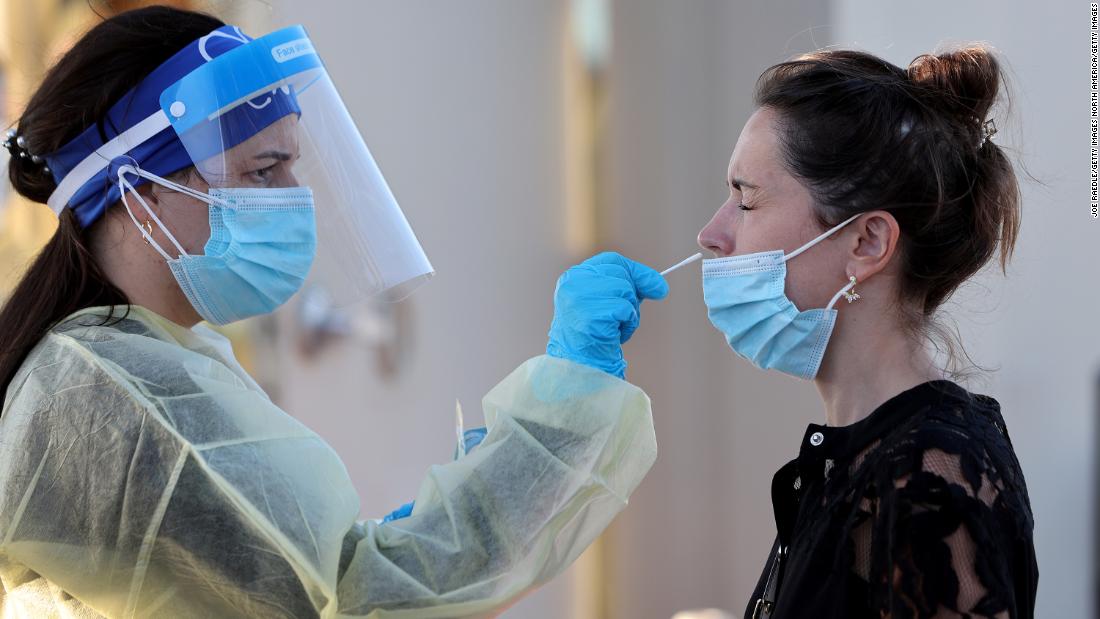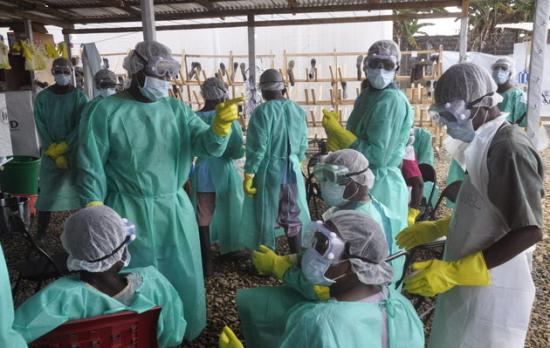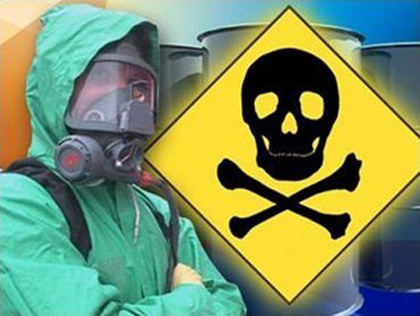
Bio-terrorism could kill 30 million people in a year, says Bill Gates
Microsoft founder and philanthropist tells Munich security conference genetic engineering could be terrorist weapon
theguardian.com - Bill Gates / Ewen MacAskill - February 18, 2017
A chilling warning that tens of millions of people could be killed by bio-terrorism was delivered at the Munich security conference by the world’s richest man, Bill Gates
Gates, who has spent much of the last 20 years funding a global health campaign, said: “We ignore the link between health security and international security at our peril.”
Gates, the co-founder of Microsoft who has spent billions in a philanthropic drive to improve health worldwide, said: “The next epidemic could originate on the computer screen of a terrorist intent on using genetic engineering to create a synthetic version of the smallpox virus ... or a super contagious and deadly strain of the flu.”
(READ COMPLETE ARTICLE)
CLICK HERE - Munich Security Conference






 Health care workers inside a USAID-funded Ebola clinic in Liberia wearing protective gear. Some of the best protective gear or technology is not available to African countries because of high costs or other conditions. Photos by Abbas Dulleh • Associated Press,
Health care workers inside a USAID-funded Ebola clinic in Liberia wearing protective gear. Some of the best protective gear or technology is not available to African countries because of high costs or other conditions. Photos by Abbas Dulleh • Associated Press, 
Recent Comments